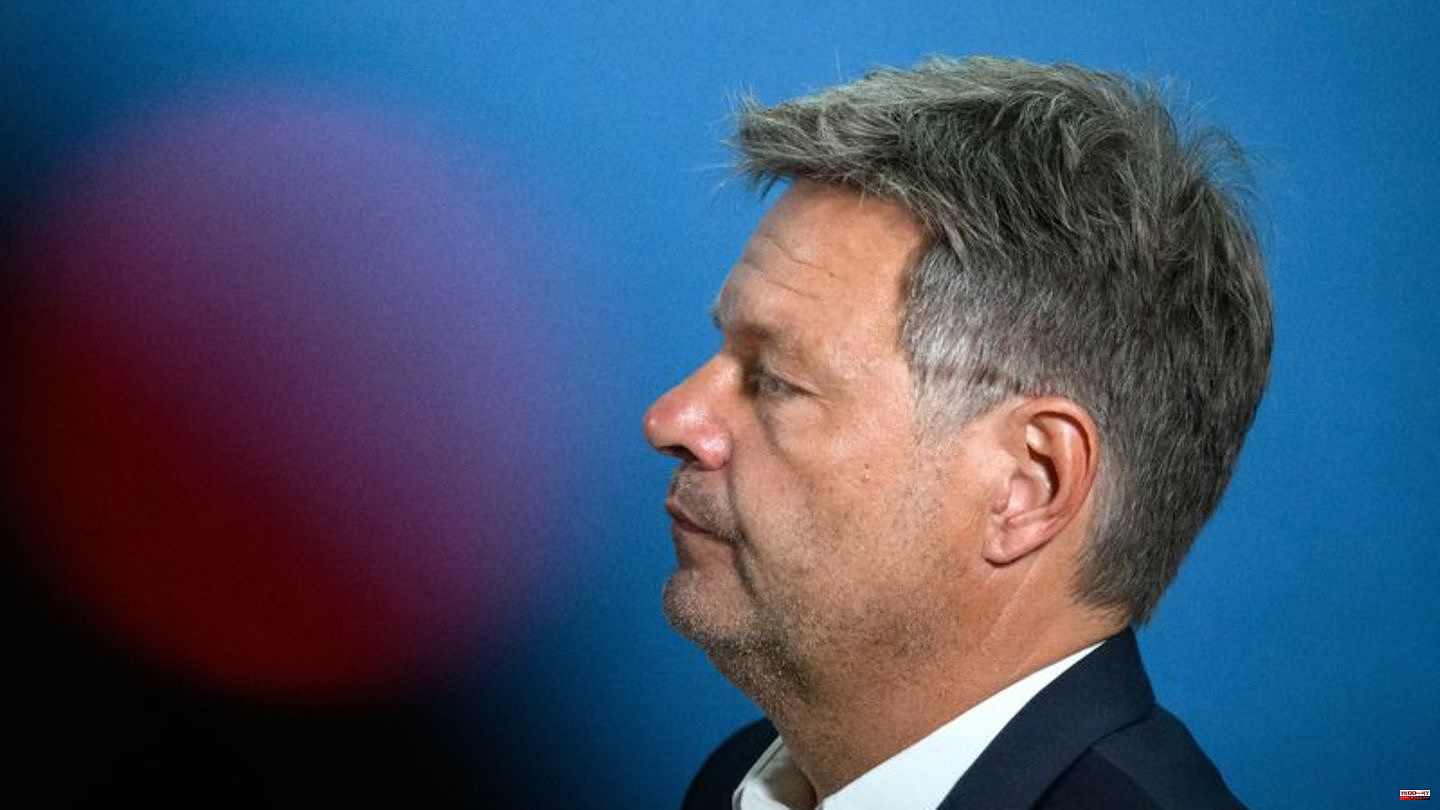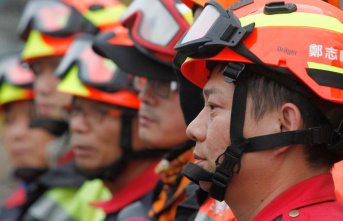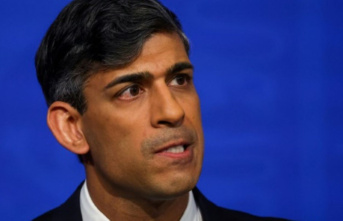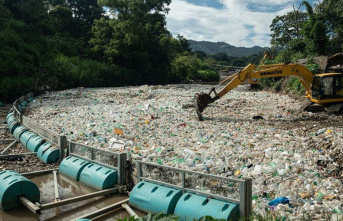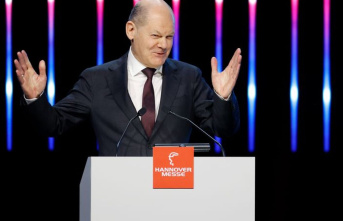There are only a few minutes in Sandra Maischberger's program that cause a lot of attention: the talk show host wants to know from Economics Minister Robert Habeck on Tuesday evening whether he expects a wave of bankruptcies in Germany at the end of this winter. The answer of the Green politician: "No, I'm not doing that. I can imagine that certain industries will simply stop producing."
Habeck cites flower shops, health food shops and bakeries as examples because these shops "depend on people spending money". Such companies would then have real problems because there would be a reluctance to buy. "Then they don't automatically become insolvent, but they might stop selling," says Habeck -- causing a mixture of malice, confusion and outrage, especially among the opposition.
Merz certifies Habeck's helplessness
Union politicians accuse him of not knowing anything about his subject. CDU leader Friedrich Merz insists on commenting on the "Maischberger" scenes in the Bundestag: "One can only hope that the majority of German medium-sized entrepreneurs and especially the bakers have already been in bed by this time and slept and didn't have to watch it," says Merz, who certifies that the Economics Minister is helpless in the current crisis.
Habeck's ministry doesn't want to leave it that way. In a longer statement, it says that Habeck wanted to show that the risk of "silent business closures", i.e. business closures without filing for bankruptcy, is a problem for an economy and that the government must keep an eye on both. "Looking at the bankruptcies alone" does not go far enough. For small and medium-sized companies in particular, imminent tasks are a "serious problem" due to the high energy costs. The federal government has that on the screen.
The President of the German Institute for Economic Research (DIW) also supports him. Habeck's statements are correct, writes Marcel Fratzscher on Twitter.
Some hotels would have to close because customers stayed away and costs rose massively. "Temporary closures are not uncommon in the industry." And: "If there is a gas shortage, a number of energy-intensive companies will be forced to stop their production. The state will only be able to do this if it compensates the companies sufficiently so that they can reopen in the future." But not having talked about such state aid is "rather wise given the current uncertainty".
Habeck already emphasizes in "Maischberger": "If we don't remedy the situation, it is possible that companies, bakeries, craft businesses, cleaning companies and so on will stop doing business this year. That's a danger and we have to counter it." The federal government is working “at full speed” on support programs to help bakeries and other businesses. The Vice Chancellor also concedes: "In the case of Corona, politicians decided to assume all the costs. That was enormously expensive. We have not yet made this political decision."
Habeck has been under pressure for weeks
One thing is clear: Habeck has been under enormous pressure for weeks and months. With the outbreak of the Russian war of aggression against Ukraine, the energy issue has become the focus of public attention like no other topic. The responsible minister: in permanent crisis mode.
Only recently did he make his first big, obvious mistake: the gas allocation knitted under time pressure. It quickly becomes clear that economically stable gas importers could also benefit from the levy for private households and industry. A design flaw that brings Habeck a lot of malice and urges him to agree to correct the levy. But legally it is complicated. Has the recently popular minister gotten caught in the crisis loop?
Nuclear power plans are not well received
His plan, announced only at the beginning of the week, to keep two nuclear power plants in reserve operation until spring 2023, has met with little approval. Quite the opposite: Union, AfD and their own coalition partner FDP are harshly critical - demanding a change of course. CDU leader Merz speaks of "madness".
And now, according to a media report, the operator of the Isar 2 nuclear power plant in Bavaria is warning against sending the plants into reserve at the turn of the year. Such a reserve operation is "technically not feasible," according to a letter from the Preussenelektra boss Guido Knott to the Secretary of State for Economic Affairs Patrick Graichen, from which the "Spiegel" quotes. So did Habeck make his nuclear proposal without consulting the operators? The question could contain additional explosives. The minister himself is "surprised" by the letter.

